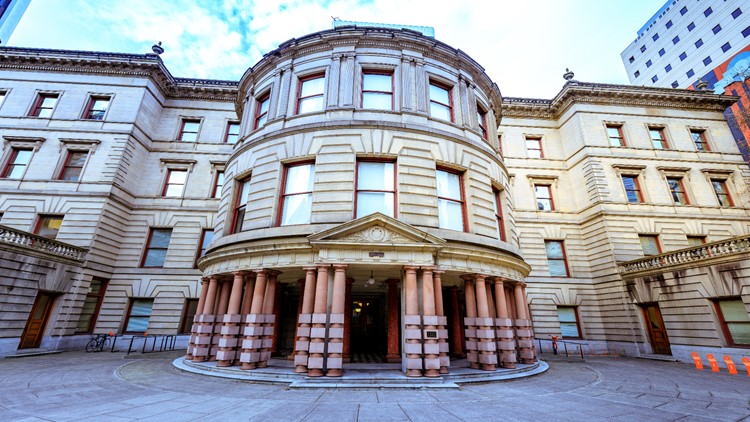PORTLAND, Ore. — To understand the oddity of Portland’s city council structure, it’s worth taking a look outside the city itself.
Salem, Oregon’s capital, has about a quarter of Portland’s population but nearly double its number of city council members.
“There are not enough people on their council to get a real sense of where the community’s at,” said Mayor Chuck Bennett, who shapes policy alongside eight volunteer councilors in Salem. “Five people just ain’t enough.”
Bennett’s appraisal of Portland’s status quo system in City Hall — one mayor and four commissioners, all overseeing city bureaus — isn’t just outsider grumbling. It’s a sentiment shared by many Portlanders who maintain a new government can lead to more equitable results for residents through better representation, whether that’s by adding more council members, completely changing their responsibilities, or both.
A city charter review commission is crafting proposals that could go before local voters as soon as November to reshape Portland's City Council. The changes, if approved, could reshape the roles and responsibilities of local leaders for decades to come.
Retooling the city’s government could help address what critics of elected leaders see as inaction and a lack of urgency on issues such as homelessness and public safety. It could also rectify issues connected to such tasks as licensing and building permits that some business owners say paralyzes their ability to expand or get new projects built.
“The business community is enormously tied to whether or not basic services promised by its city are effectively delivered, and what governance structure will assure that those services are, in fact, effectively delivered,” said Andrew Hoan, president and CEO of the Portland Business Alliance. “There’s been enormous challenges for this city’s government to deliver on basic promises to its residents.”



